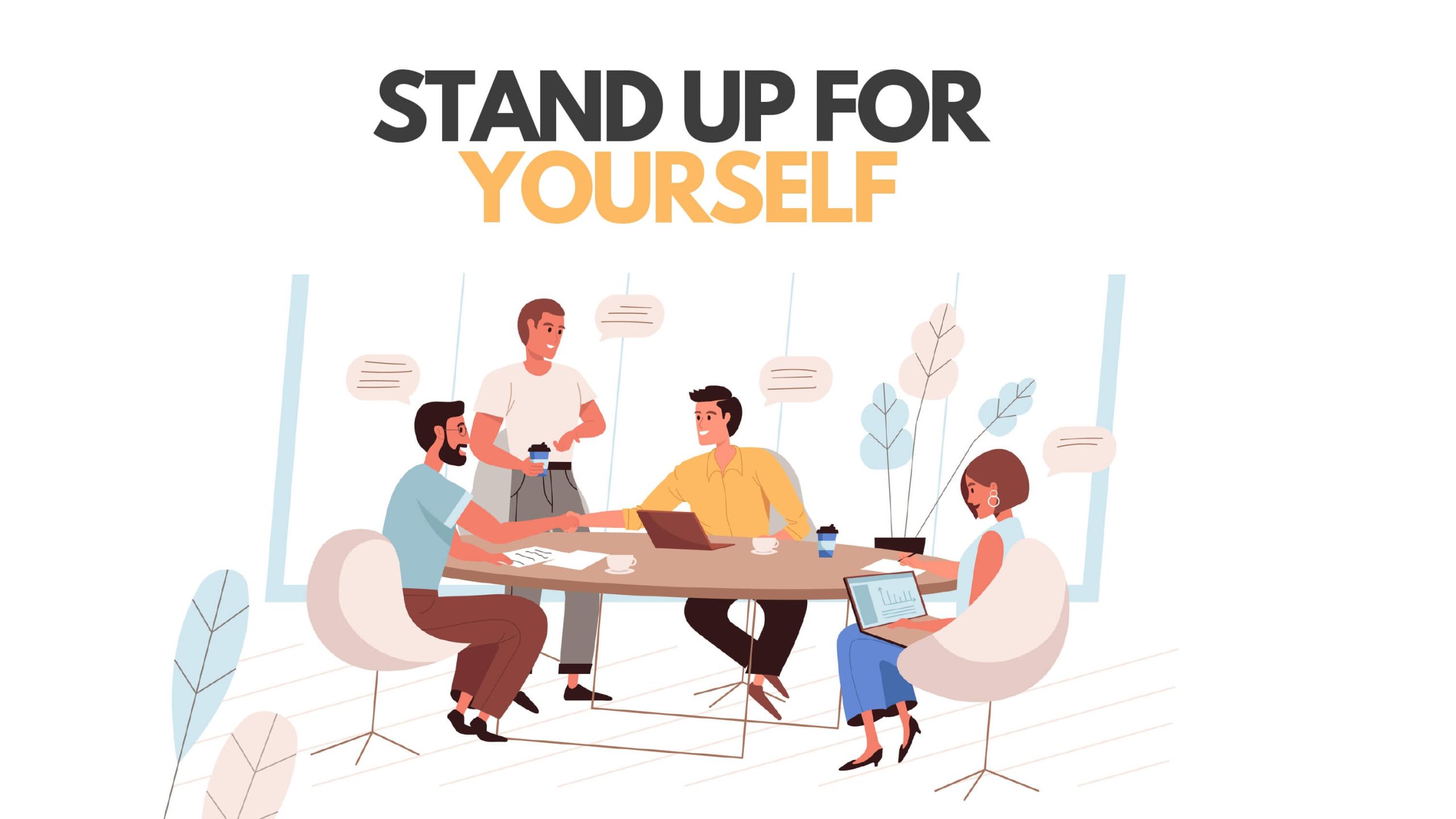Standing up for yourself is an essential skill. You can’t get through life in one piece without it. For many people, setting boundaries is anything but easy, and they find that those around them don’t respect them as they should. They might face problems at work or in their relationships. Here are the best ideas to develop the skill of communicating assertively and setting your boundaries in a healthy way.
Be clear about what you need
You need to be clear about what you need and show what you will not accept. Don’t expect other people to assume correctly what you want. It’s useful to communicate clearly what you can and can’t deal with and talk things through with those nearest to you.
You can talk to people about what you want and need, considering the issues as they arise. You can also point out what is harmful to your mental health and ask others to respect these boundaries. Often, it feels like too much, but being able to clearly articulate your wants and needs makes the situation easier for everyone. It’s a good thing to communicate, and it’s not unreasonable to share topics that are difficult to handle or situations that you would prefer to avoid.
Speak up when someone is not treating you well
It’s hard to speak up when you feel you’re being mistreated. You don’t have to do it in a rude way or be loud. Instead, you can state very politely and very clearly that you don’t like what’s happening. Focus on your feelings, but make clear what is it that you have a problem with.
This is a skill that you can cultivate little by little. Hopefully, this is not a situation that happens a lot in your life, but you can prepare what you might say in advance. If you know a person who is often argumentative, be ready and have a phrase to go. You might struggle the first couple of times. But eventually, you can see that it works and that you are able to do this successfully.
Remember that you get to set the rules as to how you are treated
You might not get to dictate how others act in all situations, but you do get to decide how you want to be treated. If people are mean to you or do things that are harmful, you always have the option to stop associating with them, walk away, or tell them that you will not agree to this behavior.
Some people might say you’re too sensitive or that you’re being too much. However, even so, you get to decide how you don’t want to be treated and what’s important to you. You get to set the rules and change them to support your mental health. You don’t want to become too strict either, of course, but if you don’t want others to use a specific name or nickname, to be rude, and so on, you get to say so.
Give yourself credit
Often, we have a hard time standing up for ourselves because we feel less deserving than others. Consider if you feel less worthy than those around you. Then, give yourself credit. You are not the best person in the world, certainly, but you don’t need to be to address mistreatment or talk about issues that are bothering you. We all deserve to be treated well and with respect.
If it’s hard for you to give yourself credit, think whether you would accept a dear friend or a close relative being treated as you are. Could you speak out in that situation? If so, you get to extend yourself the same grace as you would another person.
Take it step by step
If you have always acted shy or been less outspoken, you shouldn’t push yourself to do a complete shift right away. It will take time. Give yourself the time and start practicing this skill, because it is a skill.
Maybe it’s hard to go and confront your boss. Start small. Tell the server that you didn’t get the right drink or that you would like a refill. Speak out for other people. See how you can become more comfortable with this over time and then you can put it in practice in other situations too.


